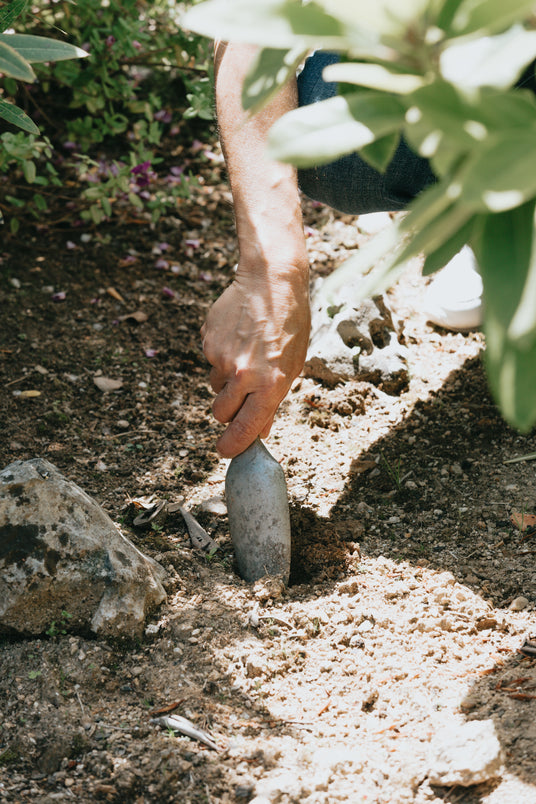South American Coffee
View all-
-
Nestor Lasso Natural Sidra - Colombia
Pomegranate, Grapefruit, Marshmallow, Dark Choc
From £18.95Unit price /Unavailable -
-

Nestor Lasso Natural Sidra - Colombia
Pomegranate, Grapefruit, Marshmallow, Dark Choc